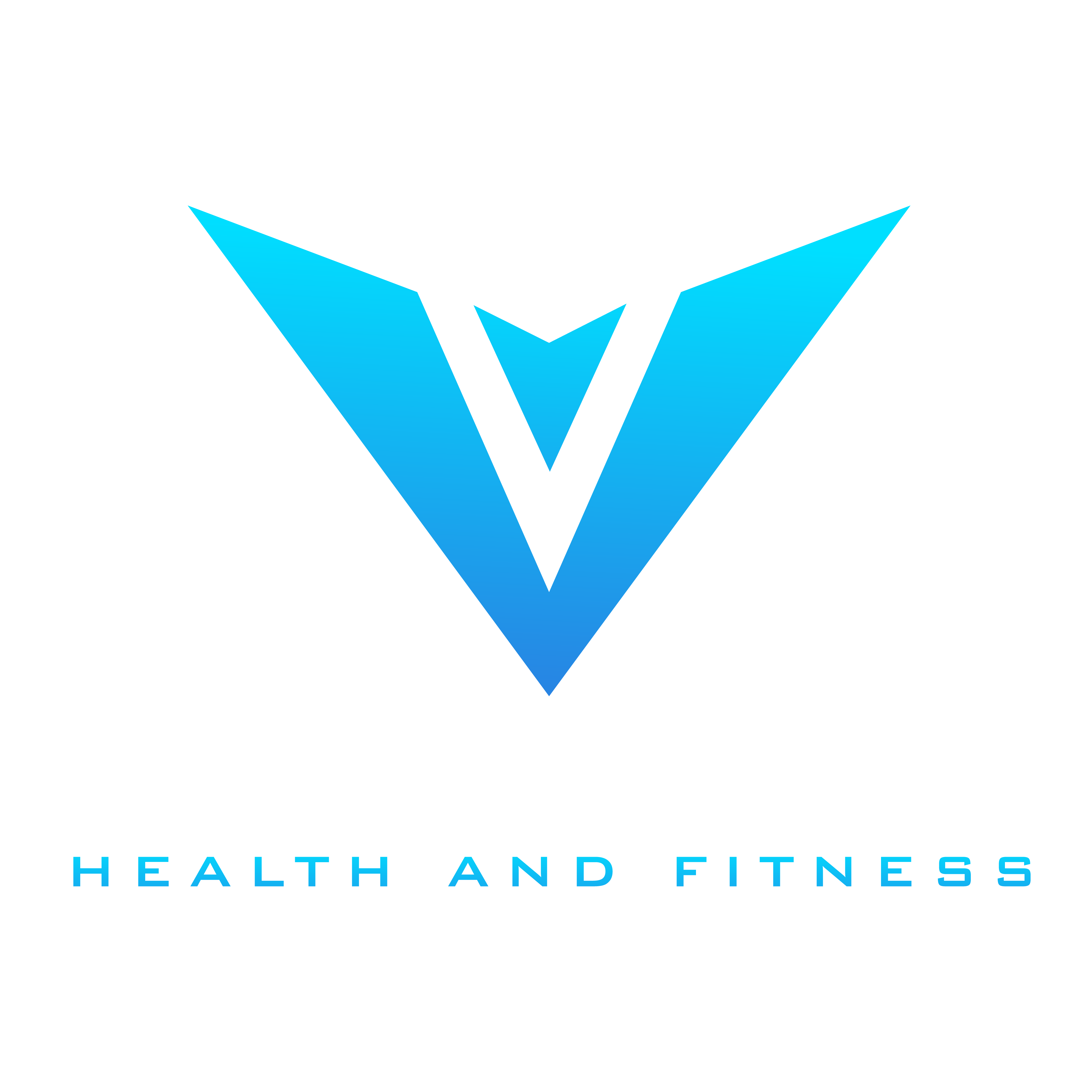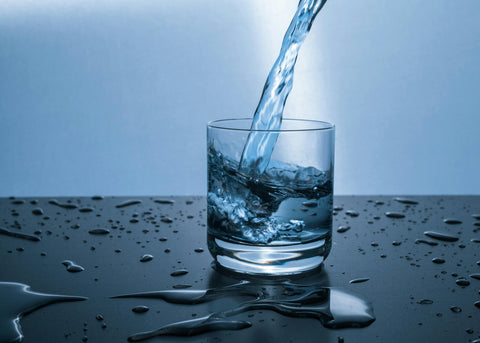When we think about hydration, the first thing that comes to mind is usually water. While drinking enough water is crucial for maintaining hydration, it’s not the only factor that plays a role in keeping our bodies balanced. Hydration is a more complex process that involves the proper intake of electrolytes, a balanced diet, and understanding your body's unique needs. Let’s dive into why hydration isn’t just about guzzling gallons of water.
1. The Role of Electrolytes
Electrolytes are minerals like sodium, potassium, calcium, and magnesium that help regulate fluid balance, muscle function, and nerve signals. When you sweat, you lose not only water but also these essential electrolytes. Replenishing them is just as important as staying hydrated with water. Foods like bananas, spinach, nuts, and seeds, as well as electrolyte drinks, can help you maintain this balance.
2. Hydration Through Food
Water-rich foods contribute significantly to your daily hydration needs. Fruits and vegetables such as cucumbers, watermelon, oranges, and strawberries are packed with water and provide essential vitamins and minerals. Including these in your diet can help you stay hydrated and nourished.
3. Understanding Your Body’s Signals
Thirst is an obvious signal that your body needs water, but other signs like dry skin, fatigue, and dark-colored urine can also indicate dehydration. Listening to your body’s signals and responding accordingly is key to maintaining optimal hydration. Keep in mind that factors like climate, physical activity, and overall health can affect how much hydration you need.
4. The Balance Between Too Much and Too Little
While staying hydrated is vital, overhydration, or hyponatremia, can also be harmful. This occurs when you drink too much water without enough electrolyte intake, leading to an imbalance in your body’s sodium levels. It's important to balance your water intake with electrolyte-rich foods and beverages, especially during intense exercise or hot weather.
5. Hydration and Your Daily Routine
Incorporating hydration into your daily routine doesn't have to be complicated. Start your day with a glass of water, snack on water-rich fruits, and be mindful of your electrolyte intake, especially after workouts. By taking a well-rounded approach, you can ensure your body stays hydrated and functions at its best.
Conclusion
Hydration is more than just drinking water—it's about maintaining a balance that supports your body's overall health and performance. By paying attention to electrolyte levels, incorporating water-rich foods, and understanding your unique hydration needs, you can stay energized, focused, and ready to take on whatever the day brings.
Disclaimer: I am not a professional nutritionist. The information provided in this blog is for educational purposes only. Please consult with a healthcare provider for personalized advice.




